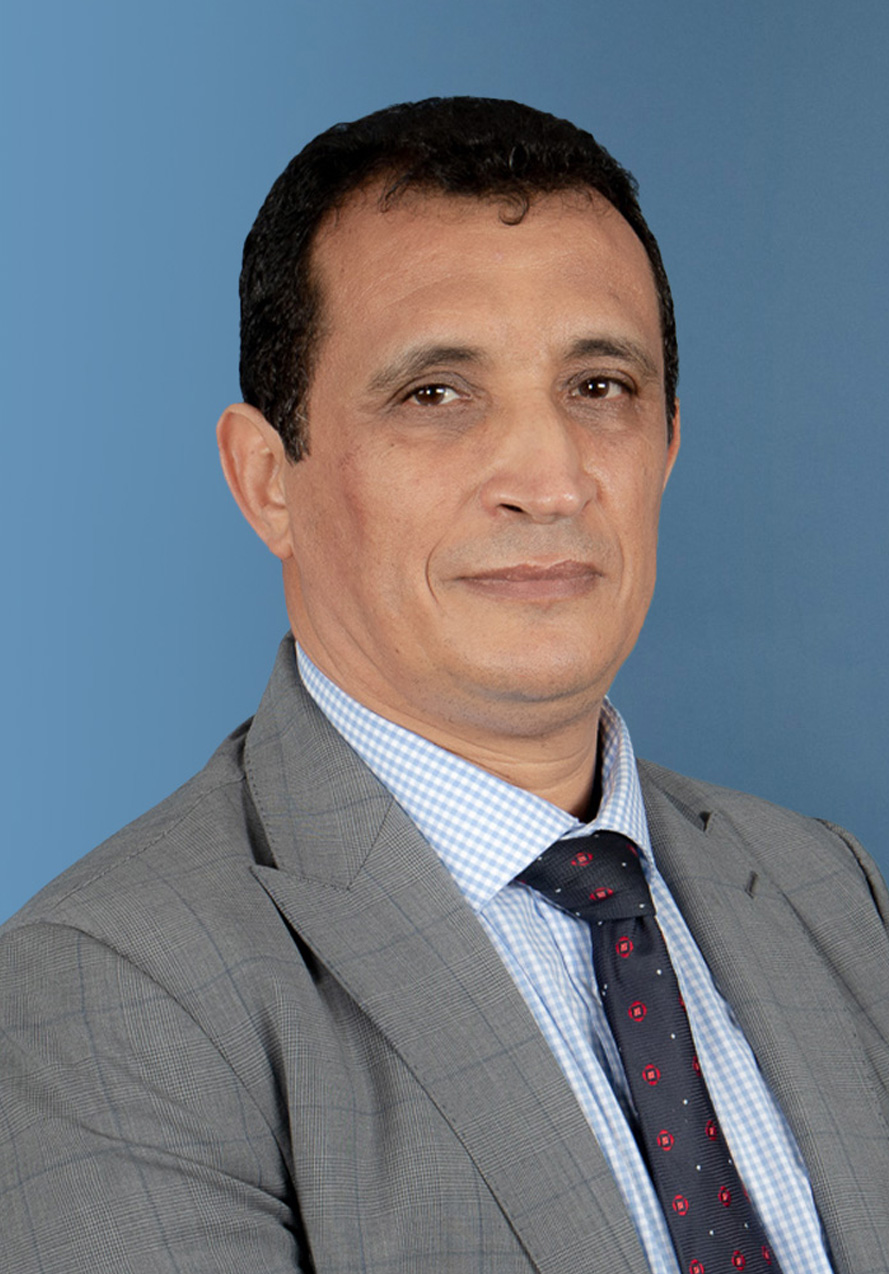APSACO 2021 - Présentation du rapport sur la géopolitique de l'Afrique / MOT DE CLÔTURE
Le Policy Center for the New South lance la quatrième édition du rapport annuel sur la géopolitique de l'Afrique. Cette nouvelle édition se concentrera sur la situation socio-politique et sécuritaire du continent en 2020. Le travail rétrospectif consacré cette année à l'Afrique vise non seulement à retracer les faits marquants des années précédentes, mais aussi à déceler les tendances et les signes de faiblesse au moyen d'analyses diverses, le but étant de prévoir les développements futurs sur le continent. Ce rapport donne la parole à des auteurs africains pour qu'ils développent un narratif africain sur les affaires du continent. La publication n'a pas pour but d'embellir artificiellement l'Afrique, mais a pour ambition de décrire l'Afrique telle qu'elle est, avec ses revers, tout comme ses progrès, ses ambitions et ses opportunités. Le rapport s'inscrit dans la vision du Policy Center d'un nouveau Sud ; un Sud conscient de ses limites et de ses vulnérabilités, mais fort de son potentiel, de ses moyens et de son génie. Cette vision préconise également un positionnement du Sud dans un monde en constante évolution.







